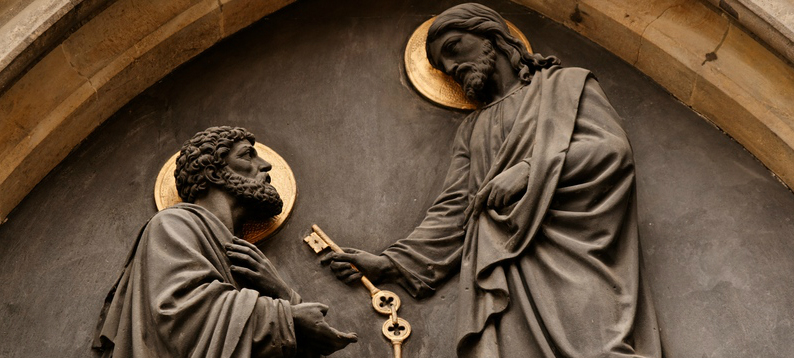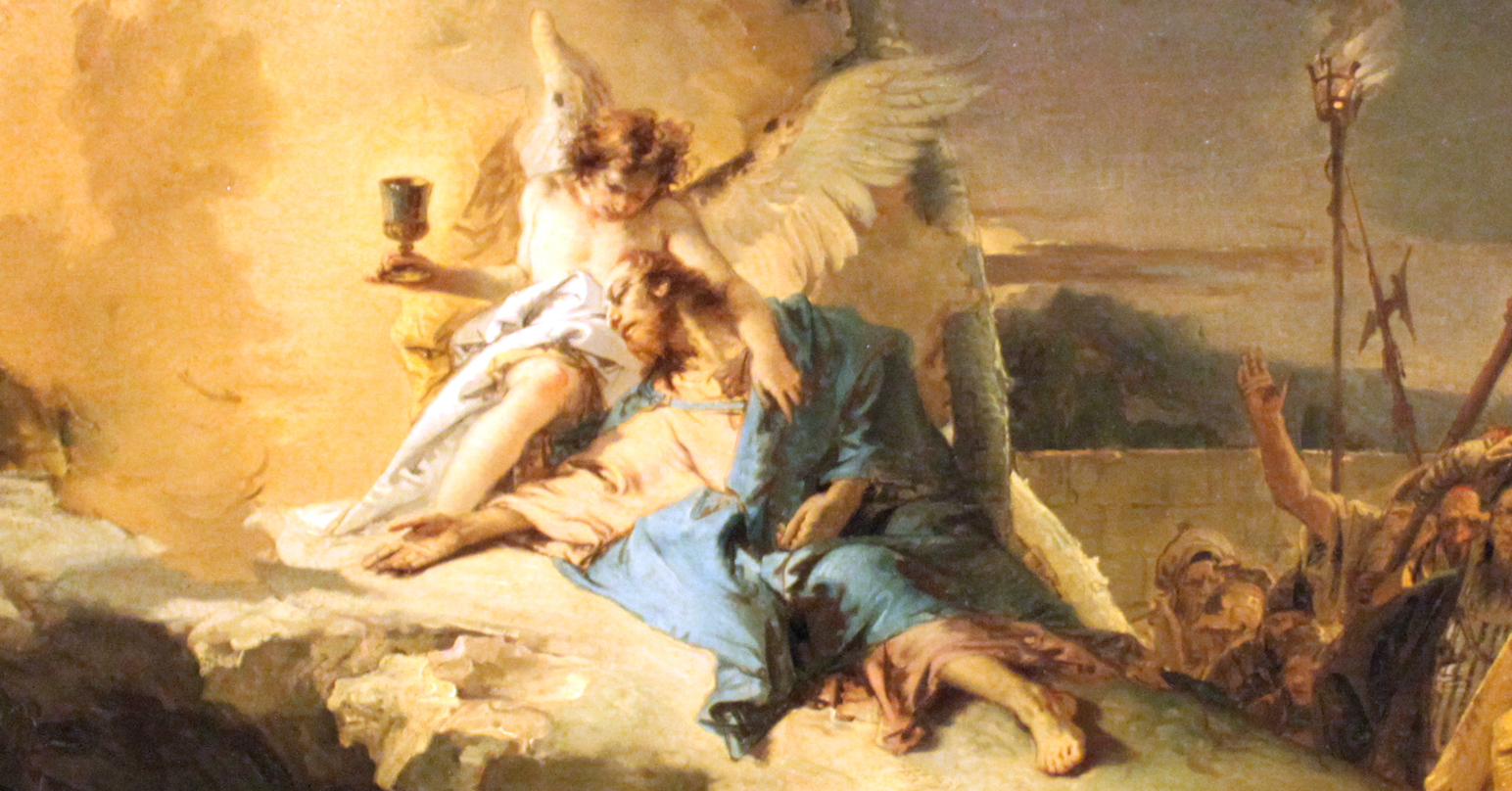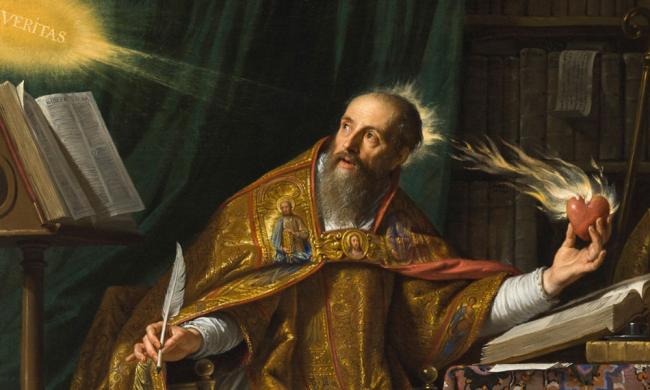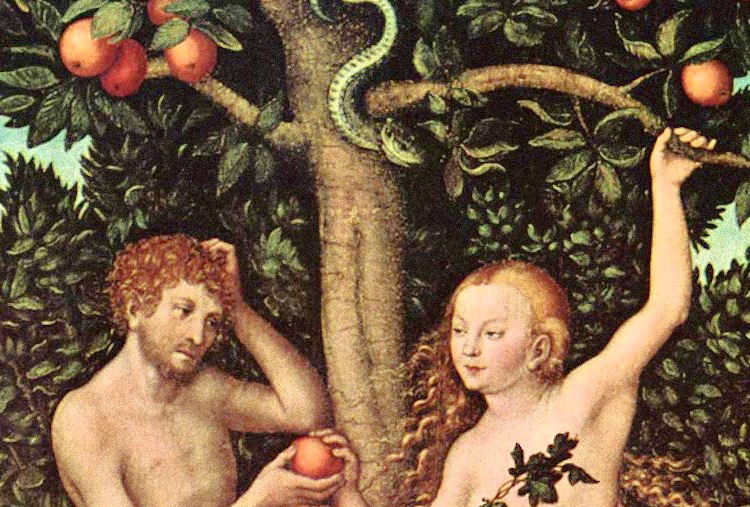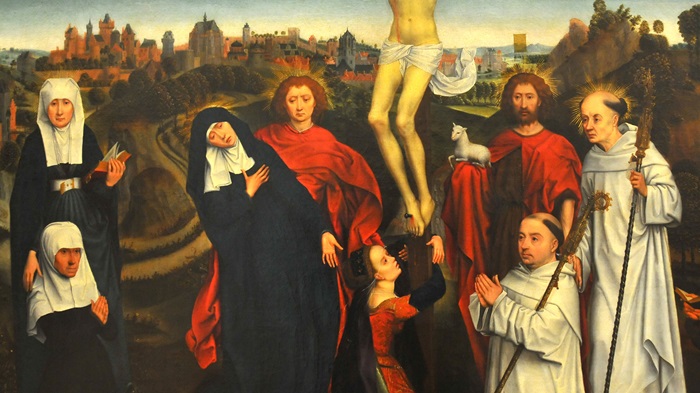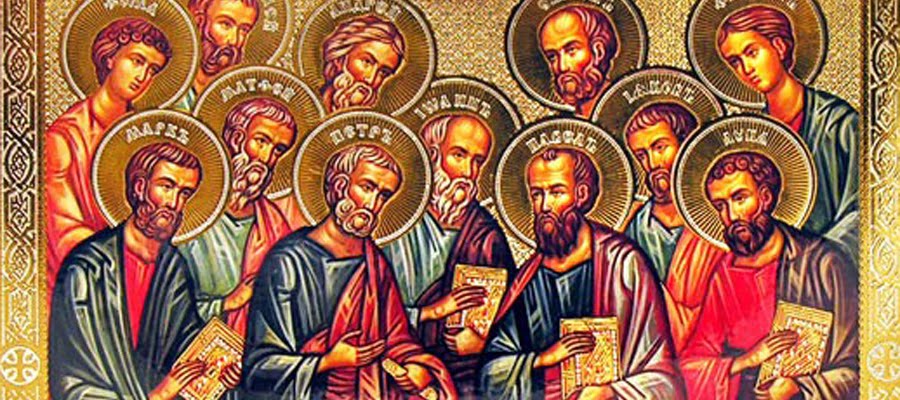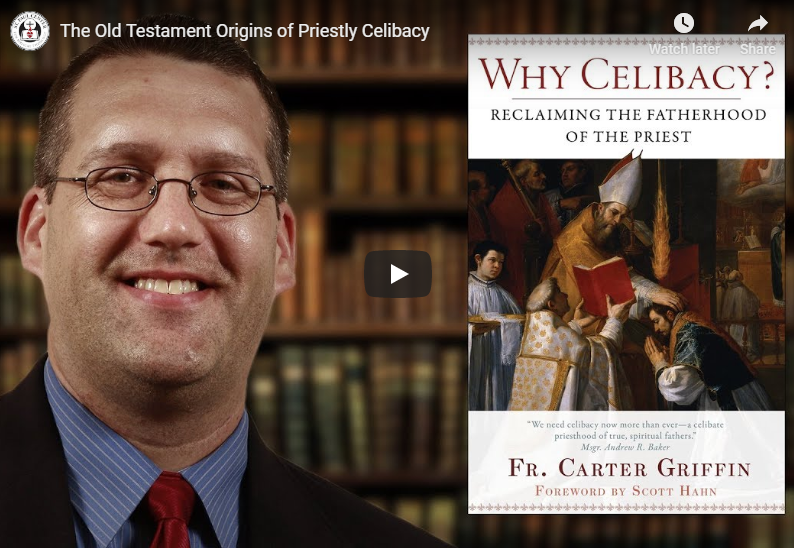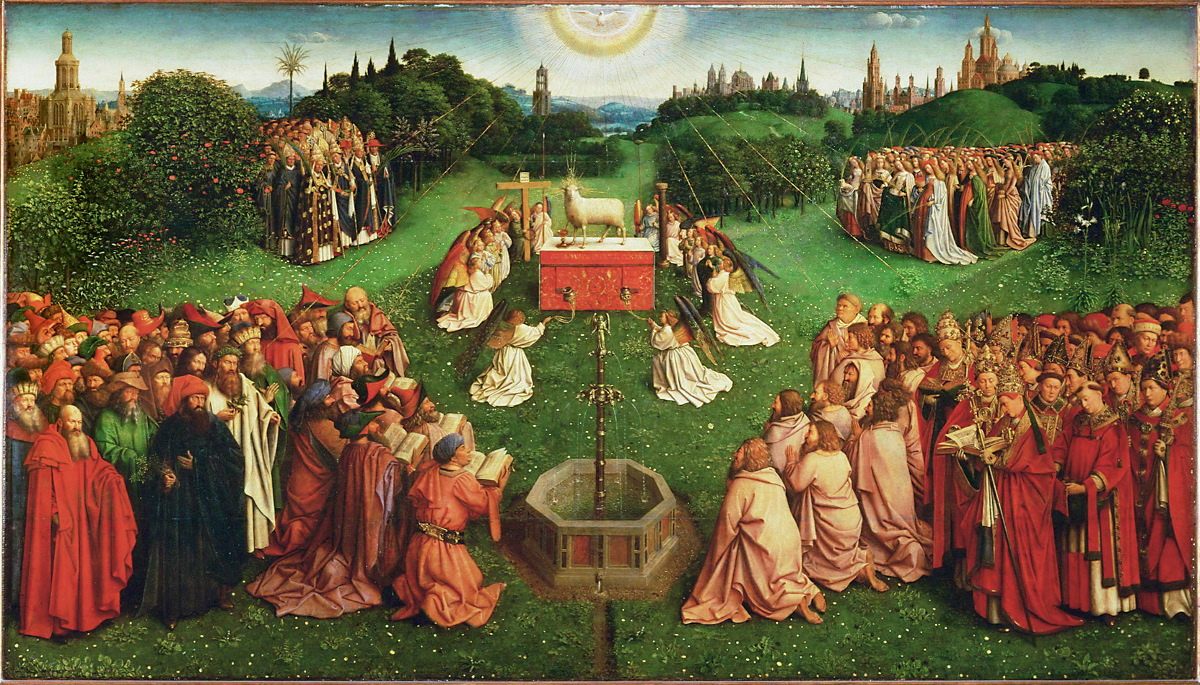What Are the Precepts of the Church?
The law of the Church is called Canon Law. It governs how the Church operates and the obligations and duties of its members. The Church’s law provides the rules and norms that help the faithful to live a moral life and guide them toward holiness. Some of these rules are particularly important and are called precepts of the Church.
What Are the Precepts of the Church? Read More »



